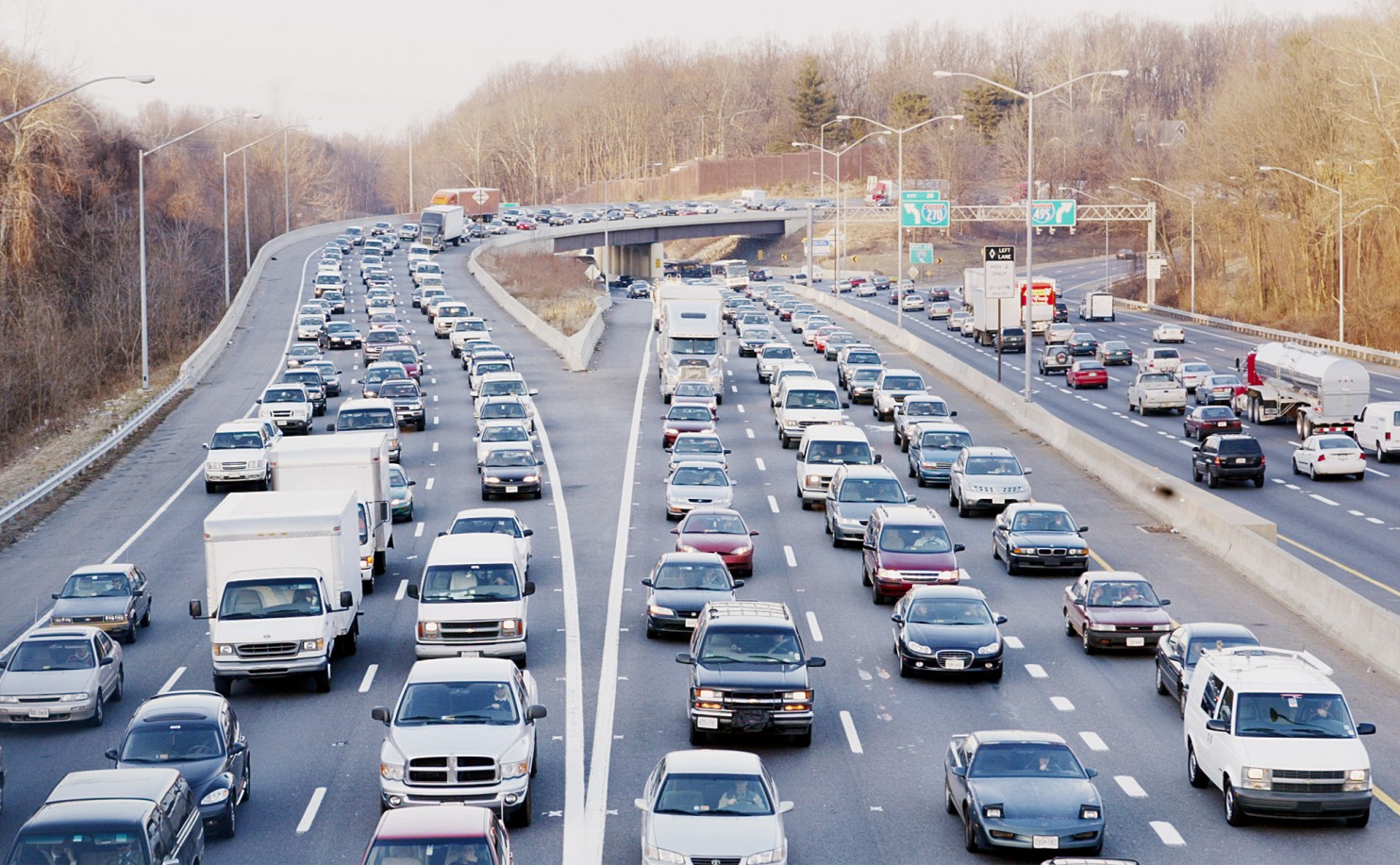

Automakers claim that Corporate Average Fuel Economy (CAFE) standards could be a partial fix to a bigger problem. Whereas government regulators are looking to increase the average fuel mileage of vehicles across the board, the Alliance of Automobile Manufacturers say that it may very well have more adverse than positive effects. They claim that the cost of new vehicles could go up $1,836 by 2025 whereas we only saw a $154 increase in 2017, according to a study by Indiana University’s School of Public and Environmental Affairs. The AAM also said that it could come at the expense of 150,000 factory jobs in the next four years.
Although the average buying price of vehicles may be on the rise, the study reports that drivers will ultimately save more in fuel costs over time thanks to lower than expected gasoline prices. Federal regulators now predict that gas will only cost $2.74 per gallon in 2025, a major decrease from the formerly projected $3.84. This fluctuation in fuel costs is making it harder for manufacturers to earn back their investments into hybrid and electric drivetrains as the demand for them will not be as high as expected.
The status of CAFE regulation enforcement seems to be in limbo right now. EPA Administrator Gina McCarthy said earlier in the year that the agency would hold strong with the rules, claiming that automakers are “well positioned to meet the standards through model year 2025 at lower costs than predicted.” President Donald Trump seems to feel a bit different about the situation, though. There have been talks that his administration could alter or repeal CAFE standards.
These rules would force manufacturers to maintain a CAFE-rated fleetwide standard of 54.5 miles per gallon, or close to 40 miles per gallon in real world applications. That could be difficult for automakers as large trucks and SUVs are becoming increasingly popular in the American market, obliging engineers to think creatively and efficiently for future models.